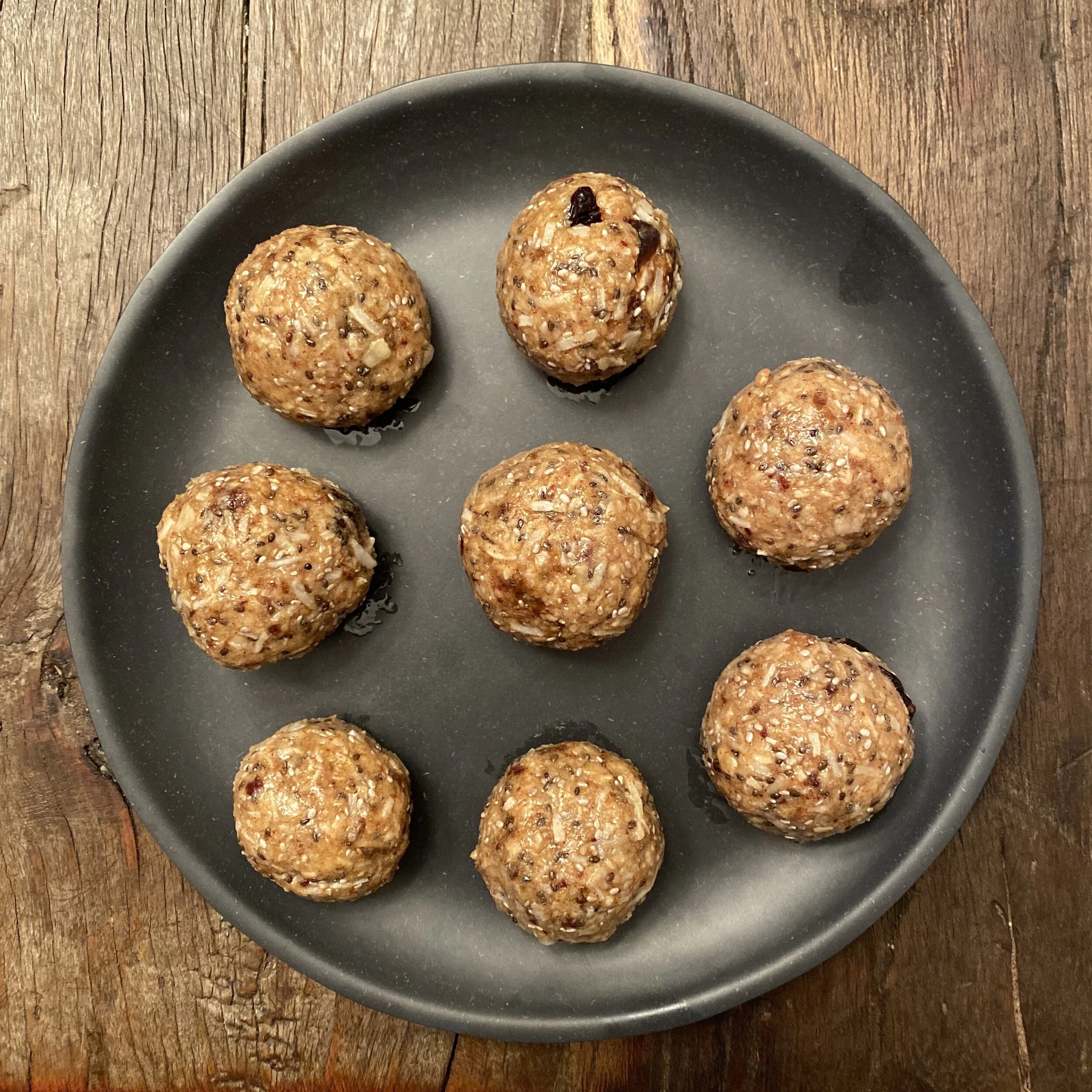As the holiday season wraps up and we start to contemplate a return to healthier eating habits while still wanting to satisfy the sweet-tooth we’ve been feeding, this recipe is sure to fit-the-bill!
These Endurance Bites are a quick, delicious, and nutritious snack to help you transition from eating with wild abandon to being a little more conscientious about what you put into your body.
My energy bites are packed with nutrients, protein, and healthy fats (not to mention flavour) to provide a quick snack when needed. They travel well and provide a great alternative to junk food when hunger strikes mid-day. You can also add one of these little bites to your morning routine to kick-start your day with a bit of blood-sugar balancing protein.
For these reasons, I hope you give this recipe a try today!
Read More
















